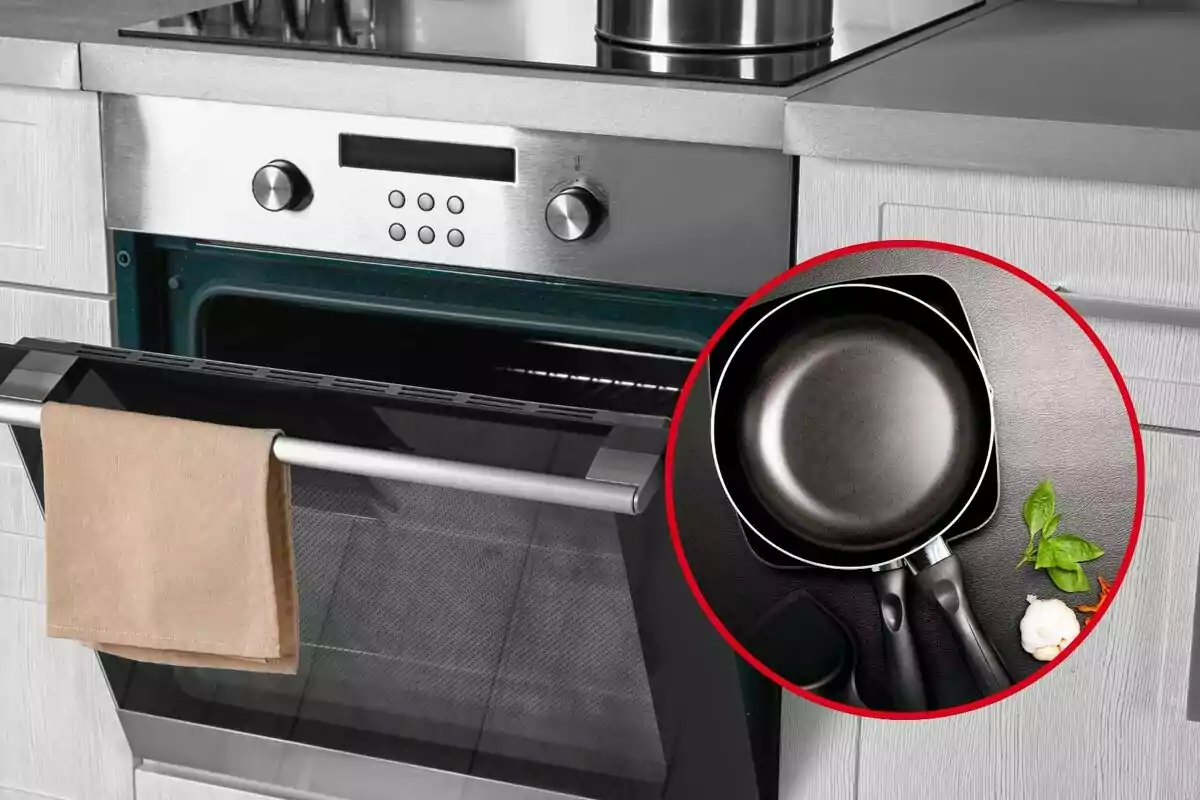Southern California is facing alarming pollution levels, which has led authorities to take strict measures. The new regulation from the South Coast Air Quality Management District (AQMD) aims to reduce nitrogen oxide emissions from gas appliances. In cities like Los Angeles and Long Beach, where smog is a persistent problem, changes in legislation will affect households and businesses across the state.
The main source of NOx pollution is gas appliances, such as furnaces and water heaters. Despite the immediate benefits of these products, their environmental impact has raised concerns in recent years. AQMD is aiming for a gradual transition toward more eco-friendly models, seeking a cleaner and healthier California for future generations.

Banned appliances in California: a transition to electric
The new law has a clear goal: to reduce the use of gas appliances, which are responsible for high levels of pollution. This will mainly affect gas furnaces, used in winter, and gas water heaters, which are common in California households. The regulation aims to decrease NOx emissions, whose impact on air quality has been severe.
The measure won't be implemented abruptly. A gradual change is planned, where by 2027 only 30% of gas appliances will remain in operation, and by 2036, that figure will drop to just 10%. This will require replacing thousands of furnaces and heaters each year, which could change the market dynamics and infrastructure of California homes.
What businesses and consumers need to know
The impact of this law doesn't fall only on households, but also on appliance manufacturers. Companies will need to adapt their products to the new regulations, which could increase production costs. Consumers will be affected by these increases, since electric appliances, which will replace gas ones, tend to have a much higher initial cost.

SoCalGas, the main gas supplier in Southern California, has expressed concern about the effects of the law. Kevin Barker, the company's senior manager, has warned that this transition could limit consumer choices and increase the cost of living due to the new electric models.
What to do if you own a gas appliance?
Although the regulation will be applied in the long term, owners of gas appliances should start considering their options. While older appliances may continue to operate for a few years, it's recommended to gradually switch to electric models to avoid future problems. Penalties for not complying with the new law could include fines and difficulties finding gas products.
Experts advise investing in electric alternatives, which, although more expensive initially, offer energy efficiency, lower pollutant emissions, and greater savings in energy consumption in the long run. These changes, although difficult to accept, are necessary to fight environmental deterioration and ensure a cleaner future.

